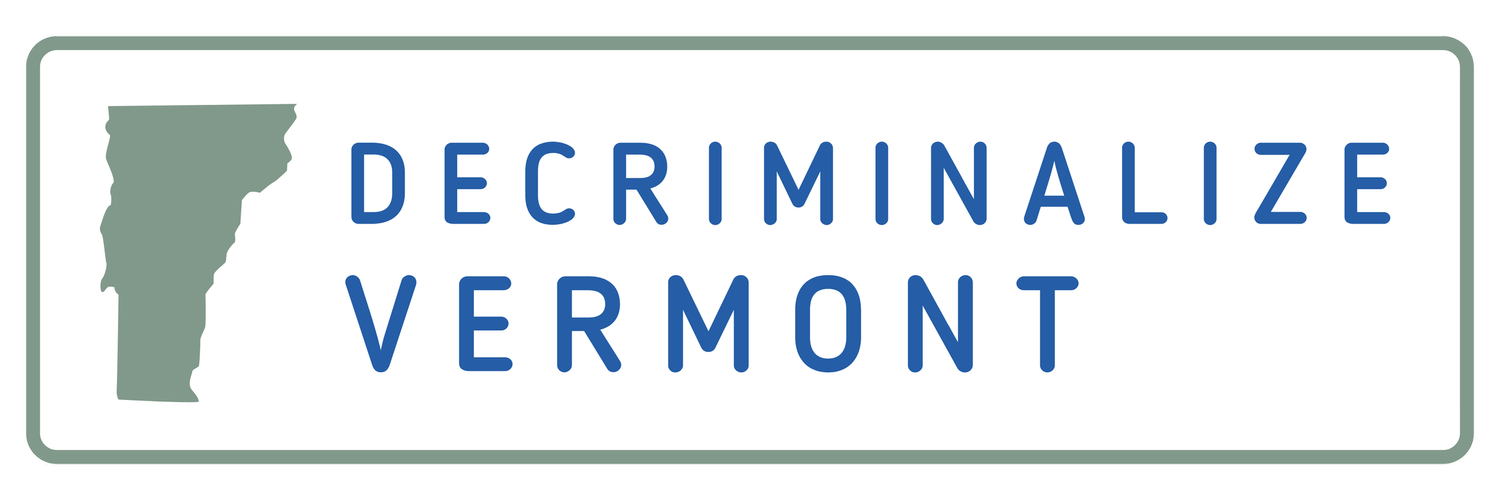The evidence: Why some prosecutors are declining to prosecute drug offenses; what the research shows
This is the first panel of a 2-part virtual zoom series entitled “Declining to prosecute: The role of prosecutors in drug decriminalization and promoting public health” hosted by the Drug Policy Alliance in partnership with the Bloomberg American Health Initiative at Johns Hopkins University and Fair and Just Prosecution.
The series aims to:
- Inspire current prosecutors to consider a variety of drug decriminalization measures within their authority, including non-prosecution;
- Explain the various considerations and factors in non-prosecution of drug offenses for prosecutors;
- Detail the research on the public safety benefits and cost savings of drug non-prosecution; and
- Help prosecutors who already exercise this authority to consider additional strategies they can use to further affect change within their roles.
In this first panel, State's Attorney Mosby spoke about her experience with non-prosecution of drug and other offenses in Baltimore, followed by presentations by Drs. Susan Sherman and Anna Harvey about their recent research on the outcomes of this policy change in Baltimore and Suffolk County (MA) on various public safety and public health outcomes in those communities. Miriam Krinsky discussed the broader implications of this approach in jurisdictions across the country. The discussion was moderated by DPA’s Theshia Naidoo, Managing Director of Legal Affairs.
Speakers:
- Marilyn Mosby, Esq., State's Attorney for Baltimore City
- Susan Sherman, PhD MPH, Professor, Department of Health, Behavior, and Society, Johns Hopkins University
- Anna Harvey, PhD, Professor, Department of Politics, New York University
- Miriam Krinsky, Executive Director, Fair and Just Prosecution





